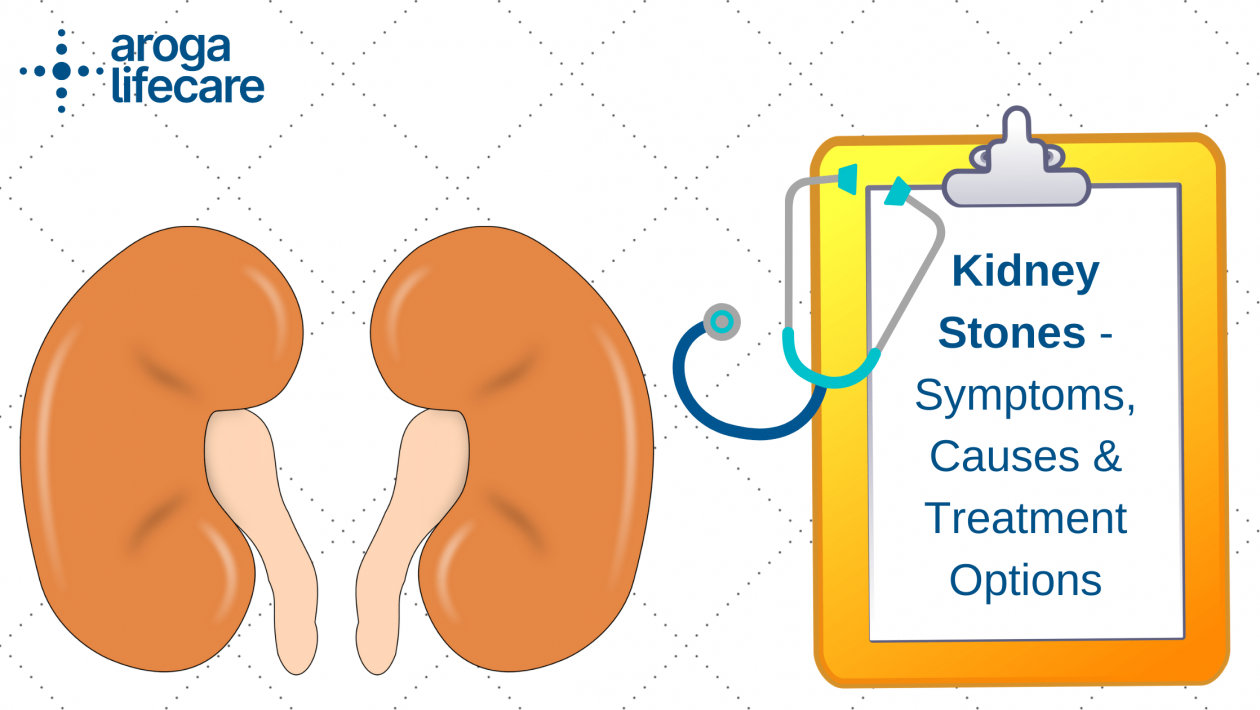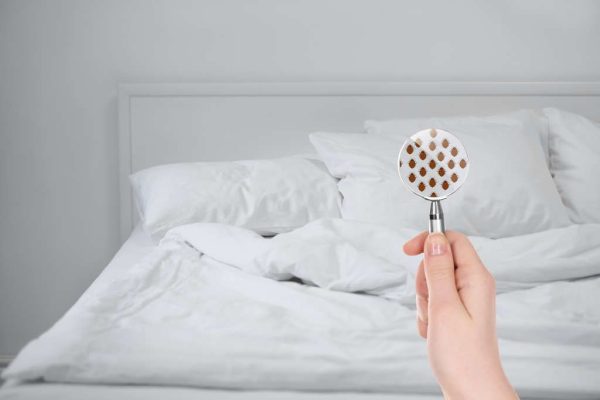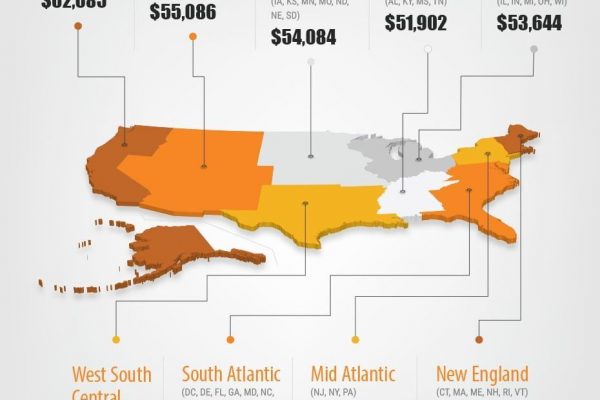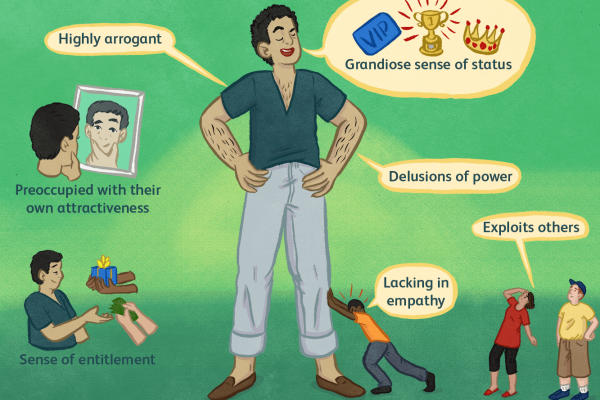Kidney stones may change the stone. For example, the stone will pass through your package so that it may change causes of kidney stones, for example, move to a specific area or increase strength.
Table of Contents
When to imagine an expert
Work with your primary care doctor to give instructions to avoid any stress and side effects that can put you under pressure.
https://www.youtube.com/watch?v=W0GpIMNTPYg
If you encounter the following situations, please seek assured clinical considerations:
Therefore, the torture is so severe that you cannot sit or understand your posture.
Torture during illness and unconditional reflex
Torture with fever and chills
There is blood in your weeeee
Trouble pass Weewee
the causes of kidney stones
Kidney stones usually do not have any single exact cause, but many components can be dangerous.
Once your Weewee contains many gem-forming substances (such as metals, salt, and corrosive substances), kidney stones will become weaker than the liquid in your Weewee. In comparison, your Weewee may need to prevent the gemstone from projecting a sense, an ideal environmental factor for making excretory organ stones.
Types of excretory stones
Aware of the types of kidney mathematics, you will affirm its motivation and provide you with some information to reduce the risk of getting many excretory organ stones. When feasible, try to avoid failing your kidney math so that you can choose to bring it to your primary care doctor for investigation.
The types of excretory stones include:
Calcium stones. Most of the excretory organ stone areas are metal stones, usually in the metal salt pattern. Salt may be a substance produced by your liver every day, or it may be a substance consumed in your diet. Of course, in addition to Bami and chocolate, soil products also contain high salt content.
Dietary ingredients, high levels of ergocalciferol, medical procedures, medical procedures, and other metabolic problems will concentrate metals or salts in Weewee.
Also, calcium stones may occur inside inorganic phosphates. This stone is the basis of metabolic conditions in the pathology of the urinary organs. Should try and determine the use of adaptive prescriptions for headaches or seizures, such as topiramate (Topamax, Trokendi XR, Qudexy XR).
Struvite. Struvite is caused by package contamination. These stones will develop rapidly and become very large, usually showing little or no notice.
Uric acid is a corrosive stone. Corrosive stones can occur in people who have lost a lot of fluid due to continuous bowel movement or penetration, people who eat a diet plan, and people with polygenic diseases or metabolic conditions. Also, make sure that genetic factors may increase your risk of getting stones.
Cystine stones. These stones are suitable for people with genetic diseases, which are said to be cystinuria, making the kidneys kill the unreasonable corrosive to specific aminoalkanes.
Risk factors
Ingredients that increase the risk of stones in your excretory organs include:
Family or personal history. If someone in your family is unlikely to have a stone in the excretory organ, then you have to have a stone. If you happen to have rocks in one or a ton of excretory organs, then you risk adding another stone.
Let dry. Not drinking enough water every day will increase the risk of stones in your excretory organs. What makes sleepy people, dry environments, and WHO sweaty people different is that different arrangements are also more dangerous.
Specific weight control programs. Note that diets high in macromolecules, metals (salts), and sugars may increase stones' risk in certain types of excretory organs. A high-sodium diet will usually be noticeable. Too much salt in the diet will increase the amount of metal that excretory organs should guide and significantly increase kidney stones' risk.
Full. High-weight files (BMI),
huge abdominal size, and weight gain are associated with the risk of swelling of excretory stones.
Stomach related diseases and medical procedures. The internal organs avoid medical procedures. Intensification of visceral disorders or continuous bowel movements will cause internal changes in the natural {process | biological process} measures, which will affect your retention of metals and water, thereby expanding the criteria for stone substances in Weewee.
Other diseases, such as ductal pathology of the urinary organs, cystinuria, adenopathy, and many permanent diseases, also increase your risk of excretory stones.
Specific enhancers and prescriptions (similar to nutrient C), diet enhancers, enteral drugs (when overused), calcium-based stomach settlers, and medications that ensure adaptability can treat headaches or grief and will enlarge your excretion organs. Danger.
Types of excretory causes of kidney stones
The calcium stone area unit is the typical chief pattern of excretory organ stone. They are usually the result of metals and salts (a specific compound found in many foods). However, territorial units are generally the result of metals and phosphates.
Once your urine is usually overly acidic, the corrosive stones of uric acid will deteriorate. Corrosion will ignite the rock without the help of others or metal.
Once you determine the type of pollution in your community, struvite will occur, where microorganisms will form alkali in your beets. The regional units of struvite stones are magnesium, ammonium particles, and phosphate.
The cystine stone area unit results from a compound naturally produced by your body, alluding to an amino corrosive. Amino erosive stone area units are scarce and occur in people with genetic irregularities. This congenital irregularity can cause the kidneys to enter the dwarf’s amino corrosion holes from the kidneys.
Kidney stones may be as thin as sand or sometimes more extensive than pearls. They will remain in your kidney or pass through the ureter (the cylinder from the kidney to the bladder) and leave your body with Weewee. When the kidney math crosses your ureter and exits the waterway with Weewee, it implies that the kidney analysis passed. Kidney analysis can also tolerate your plot and squared Weewee from getting through. When you stop your Weewee's progress through kidney math calculations or curious extensive kidney analysis, it will likely be painful.
The regional units
of various types of stones are the result of multiple drugs. It is essential to understand the type of stone you have. In this way, you can choose to capture the gem that may have caused it and how to stop it.
If you cannot pass the kidney analysis, you should bring it to your primary care physician, who will send it to work and determine its type:
Calcium stones. Most excretory organ stone area units are composed of metal, and the inside has the pattern of metal salt. There are two types of metallic gemstones in regional teams:
Calcium salt. Salt may be a substance your liver produces every day. Some products of the soil, such as heavy oil and chocolate, are in the higher areas. Once you eat these foods, your body will absorb the substance. Various things can cause metals or salts in your sweets to accumulate in the ascending zone, taking high doses of ergocalciferol, medical procedures, medical procedures, and some metabolic issues.
Calcium phosphate.
This type of stone usually occurs in people with metabolic diseases, such as catheter lesions in the urinary organs (your kidneys are not prepared to encourage the maintenance of the correct corrosion balance in the blood) or people taking medications to treat headaches seizures.
Struvite. These will come from package contamination (UTI). The microorganisms that cause the disease form a salty taste in your Weewee. This ends in the development of the stone. The stone will quickly become huge.
Uric acid is a corrosive stone. These people lose unnecessary fluid volume due to ongoing operations or low absorption; take care of a high-protein diet, or suffer from polygenic diseases or metabolic abnormalities. Ensuring genetic factors can also increase your risk of developing stones.
Cystine stones. This unusual stone structure style releases an unreasonable measure because of the kidneys. A specific aminoalkane corrosive agent is called the amino corrosive to carbamate. They occur in genetic variations that range from the norm to cystinuria.
FAQ of causes of kidney stones
What are the main causes of kidney stones?
When the urine contains more crystal-forming substances (such as calcium, oxalic acid, and uric acid) than the diluting substances in the urine, kidney stones form. At the same time, your urine may lack substances that prevent the crystals from sticking together, creating an ideal environment for the formation of kidney stones.
What kind of food can cause kidney stones?
Avoid foods that form stones: beets, chocolate, spinach, rhubarb, tea and most nuts are rich in oxalates, which may cause kidney stones. If you suffer from stones, your doctor may recommend that you avoid these foods or consume small amounts.
What is the fastest way to cure kidney stones?
This is our process.
Keeping moisture is the key. Drinking plenty of fluids is an important part of getting kidney stones through and preventing the formation of new stones. ...
water. ...
Lemon juice. ...
Basil juice. ...
Apple cider vinegar. ...
Celery juice. ...
Pomegranate juice. ...
Kidney bean soup.
Can stress causes of kidney stones?
Stress: Lifestyle tension and stress are the main causes of kidney stone formation, usually combined with chronic dehydration. Diet: Also, A high-protein diet or a diet high in oxalate, phosphate and other minerals can increase the risk of uric acid stones.
Can walking help kidney stones?
So, the good news is that careful exercise can actually move the stones naturally. Even if you want, light jogging or other aerobic exercise may be enough to shorten the undesirable stay of your kidney stones.
What is the best treatment for kidney stones?
treatment
drinking water. Drinking up to 2 to 3 quarts (1.8 to 3.6 liters) a day can keep urine thin and prevent the formation of stones. ...
Relieve people in pain. Passing a small stone can cause some discomfort. ...
medical treatment. So, your doctor may give you medicine to help you pass kidney stones.
Is banana good for kidney stones?
Researchers attribute the higher magnesium and potassium content of bananas to its ability to prevent kidney stone formation. So, they explained that magnesium easily binds to oxalate in the food we eat, thereby inhibiting the growth of a type of kidney stone called calcium oxalate crystals.
Which juice is good for kidney stones?
September 7, 2006-A glass of orange juice a day may put kidney stones in trouble. A new study shows that drinking a glass of orange juice a day may be better than other lemon juices (such as lemon juice) in preventing the recurrence of kidney stones. Researchers say that many people believe that all citrus juices can prevent the formation of kidney stones.
Does caffeine causes of kidney stones?
Caffeine intake has been shown to be associated with increased urinary calcium excretion (6). So, it may increase the risk of kidney stones, although in our previous reports, we have always found a negative correlation between the consumption of caffeinated beverages , Such as coffee.
Is milk harmful to kidney stones?
Drinking milk does not cause kidney stones. salt. Even if you eat a lot of sodium (a component of salt). So, it will increase the calcium content in your urine. Once eaten, any excess oxalate will "stick" to the calcium in the kidneys.
How long does kidney stone last?
Also, Stones of 4-6 mm are more likely to require some treatment, but about 60% of the stones will pass naturally. So, it takes 45 days on average. Also, Stones larger than 6 mm usually require medical treatment to remove them.
What do kidney stones in the urine look like?
According to the National Institute of Diabetes, Digestive and Kidney Diseases (NIDDK), due to the high content of certain substances (such as calcium) in the urine, kidney stones can form in the kidneys. Kidney stones may vary in size and may be smooth or jagged. They are usually brown or yellow.
What is the color of urine when kidney failure?
When the kidney fails, the increase and accumulation of substances in the urine can cause the color to darken, which may be brown, red or purple. The color change is caused by abnormal protein or sugar, high red and white blood cell content, and a large number of tubular particles called cell casts.










